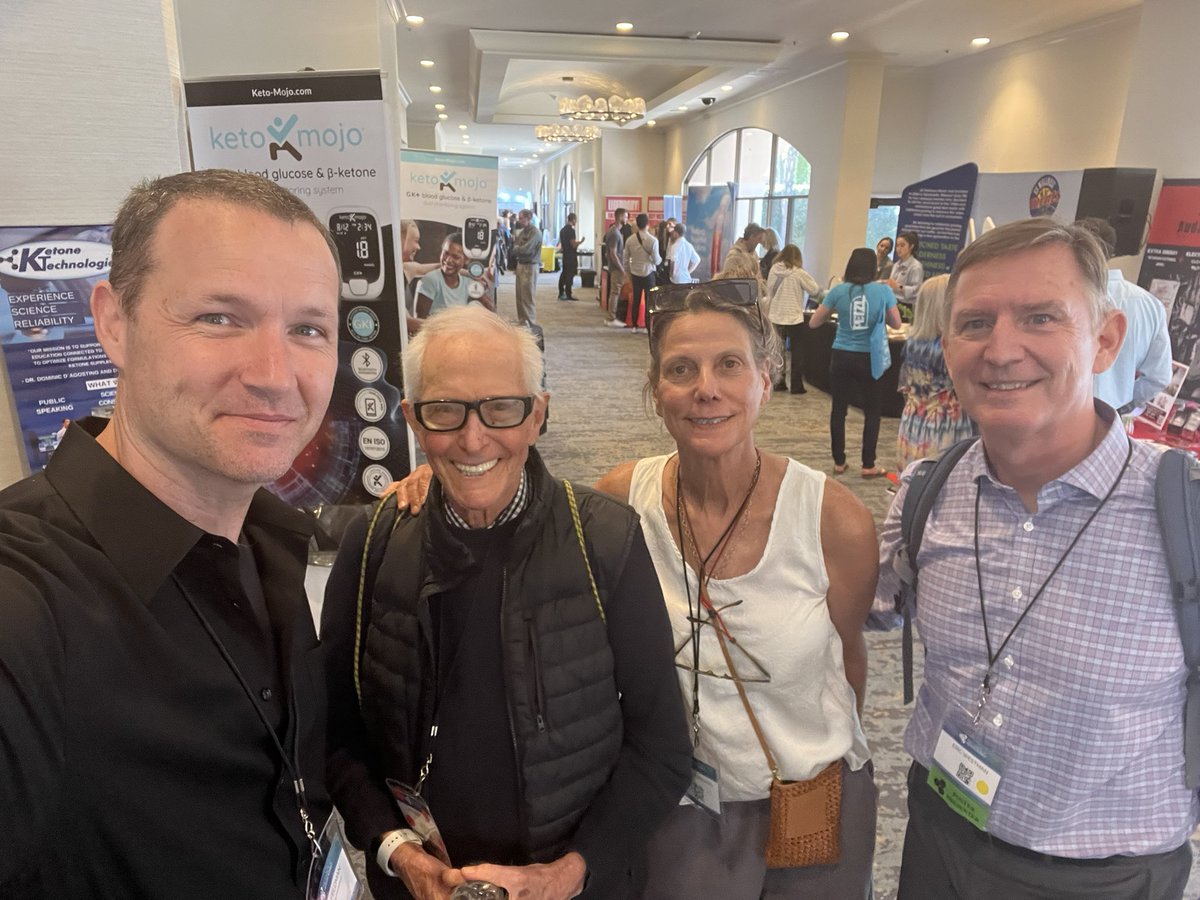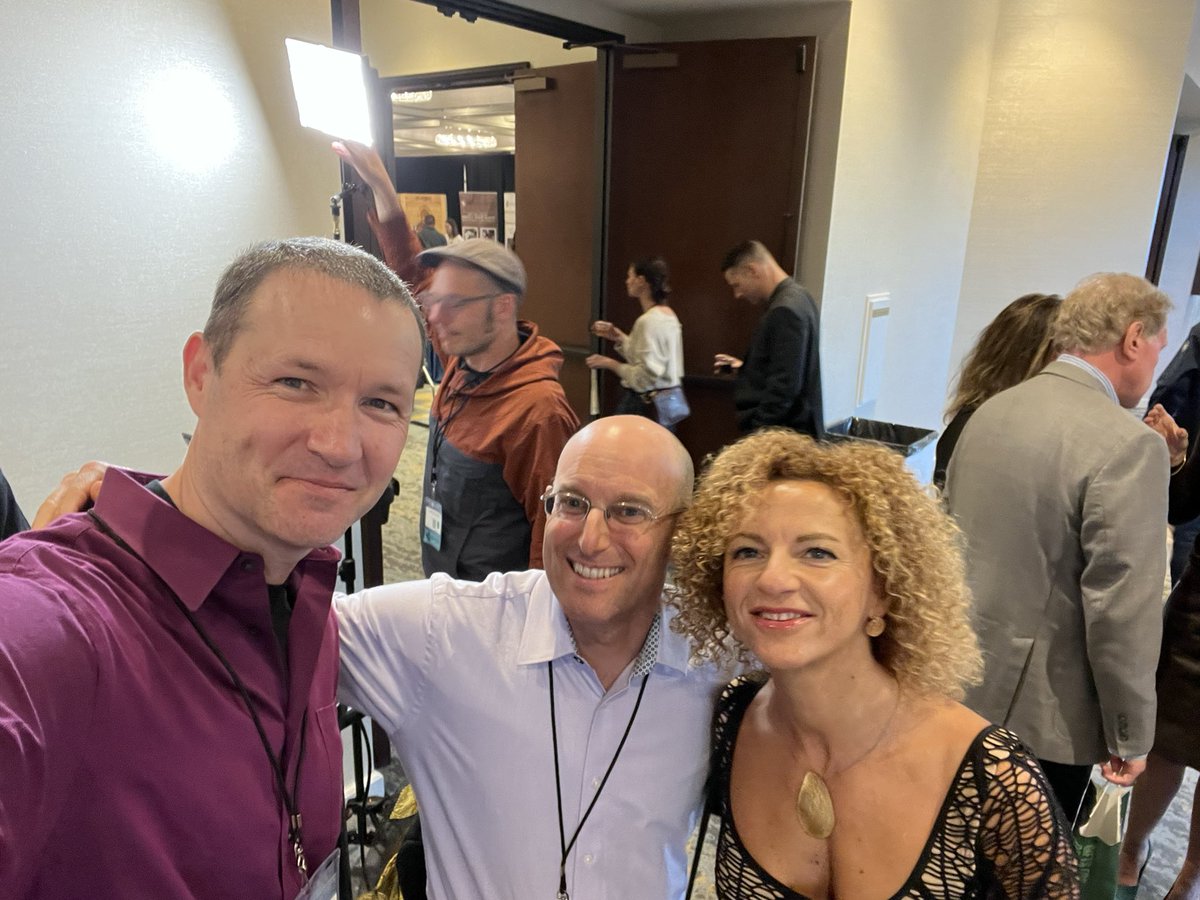
1/ Two weeks ago we released our paper on the #LipidEnergyModel (#LEM) along with our video abstract for it. I'm pleased to say it has led to many great connections and expanded discussion.
I'm going to recap on a lot of these in this thread. 🧵 ...
I'm going to recap on a lot of these in this thread. 🧵 ...
https://twitter.com/realDaveFeldman/status/1527583710664527872?s=20&t=BU4nSR_wmtVn-Yxs6dHOSg
2/ First and foremost, thanks to everyone for their extraordinary support in retweeting our announcement, sharing our paper, and letting researchers know of this model.
3/ As we state many times (including within the video abstract), this model doesn't describe all possible influences on cholesterol levels. For example, other things can impact LDL-C such as M/PUFA-to-saturated fat composition, fiber, genetics, medication, etc. 

4/ The key question is to what degree and context each of these can have an influence.
For many I've talked to, the current assumption is that 50% or more of the increased LDL-C observed in #LMHRs can be explained from the increase of dietary saturated fat specifically...
For many I've talked to, the current assumption is that 50% or more of the increased LDL-C observed in #LMHRs can be explained from the increase of dietary saturated fat specifically...
5/ This discussion comes up often enough that @nicknorwitz wrote a brief article on this for CC which you can read here: cholesterolcode.com/lean-mass-hype…
He also made a video covering the same points here:
He also made a video covering the same points here:
6/ Again, I think I can speak for @nicknorwitz and myself that we definitely don't discount the influence of saturated fat where compared to unsaturated fats in generally impacting LDL-C. We're just skeptical as to whether this substantially explains the LMHR phenotype.
7/ I was also encouraged to see @DrNadolsky's interest in #LEM and his thread from yesterday 👇
https://twitter.com/DrNadolsky/status/1532763033931595777?s=20&t=P3ioA8VQf8r7-1Xe3cswnA
8/ While we list many ways to test the model within the paper itself, it occurred to me I could do a very simple experiment myself by simply losing weight and maintaining it, which the #LEM would predict a persistent increase in TC/LDL/ApoB details here👇
https://twitter.com/realDaveFeldman/status/1532769493172203520?s=20&t=H7M49bhNy4an0U7bfWlKjg
9/ But a reoccurring challenge is helping to better connect people outside the #lowcarb community with this central question:
❓How much are lipid levels the result rather than a driver of health or disease?
It's my hope both the #LEM and #LMHRstudy will help with this endeavor
❓How much are lipid levels the result rather than a driver of health or disease?
It's my hope both the #LEM and #LMHRstudy will help with this endeavor
• • •
Missing some Tweet in this thread? You can try to
force a refresh













